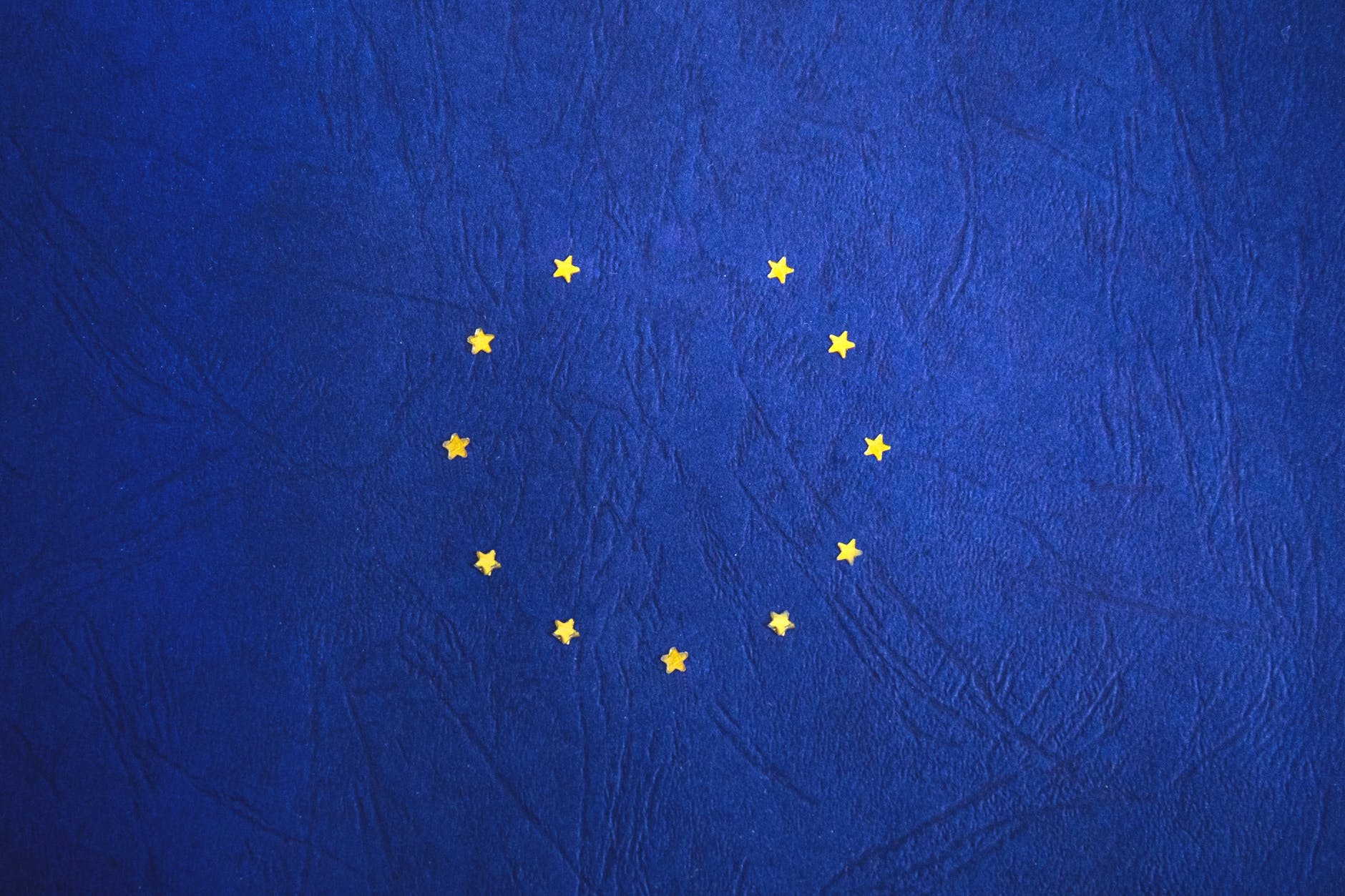Business
What affect will Brexit have over personal injury claims?
With the upcoming EU leave date looming nearer and nearer, thanks to Prime Minister Theresa May invoking Article 50 of the Lisbon Treaty on March 29th 2017 — meaning that the UK is now on a schedule to step away from the economic and political partnership on March 29th 2019.
There are predictions that Brexit will affect more than just the UK’s economy, the Brexit will also mean that a change in health and safety laws could have an effect on personal injury claims. There are various EU directives and regulations which currently apply to personal injury claims, so how will UK lawyers, clients and practices change?
Here, medical negligence solicitors from Tilly Bailey & Irvine Law Firm explore the alterations which may soon be witnessed in this area of the medical world in the years to come:
Understanding EU Directives & EU Regulations
We must consider understanding the EU Directives and EU regulations before we venture into how the EU and personal injury claims made in the UK are currently linked.
Legal acts which are provided for in the EU Treaty are known as EU Directives. Once in place, all Member States of the EU are obliged to transpose them into national law, and are provided with a set deadline to do so. When it comes to the UK, EU directives have been turned into laws using Statutory Instruments — a process which means the government isn’t required to create a new piece of law and get it passed through parliament every time a new legal act is created.
EU Regulations are the more specific aspects of EU Directives, and are filled with the minimum requirements and fundamental principles that EU Member States must abide to once the legal acts are in place.
How do the EU Directives & EU Regulations apply to personal injury claims?
There are three main examples of how the EU Directives and EU Regulations currently apply to personal injury claims which are made across the UK…
The 1974 Health and Safety at Work Act
The European Framework Directive on Safety and Health at Work lay the groundwork for the 1974 Health and Safety at Work Act. This is because this specific EU Directive has long guaranteed the minimum safety and health requirements which businesses across Europe must have in place to protect both workers and visitors on a site or workplace.
The Consumer Protection Act 1987
The Consumer Protection Act 1987, as well as its associated regulations, covers product safety and so provides consumers with protection whenever they buy goods and services in the UK. However, this act was passed as a result of an EU Directive from 1985, which saw strict liability being put against any producers of defective products.
Matters regarding accidents abroad
EU Directives and EU Regulations are also in place to offer a helping hand to those from the UK who have an accident when they are abroad.
For instance, there is law in place through the European “Sixth Directive” 2009 which assists those who have had an accident in a EU Member State which was caused by an uninsured driver. In such a scenario, the party from the UK can bring a claim and request for compensation through the UK’s Motor Insurers Bureau (MIB). This then sets in motion a process where the MIB will seek for reimbursement from the equivalent bureau that is set up in the EU Member State where the accident happened.
Then there’s the European Health Insurance Card (Ehic) scheme, which currently gives those from the UK the right to access state-provided healthcare whenever they are temporarily situated in another European Economic Area. Some 27 million Ehic cards have been issued across Britain to date and proves helpful in times when someone in the UK has an accident in a EU Member State, regardless of the extent of their travel insurance cover.
How will Brexit change things?
An important aspect to stress when it comes to Brexit is that the UK government must first pass new laws in order to revoke any old European laws which have helped to form part of the nation’s own law. Until any such motion is made, nothing will change as old European laws will not instantly cease to be relevant just because the UK is no longer a part of the EU.
In regards to the Ehic scheme, there has already been a deal in principle agreed by negotiators in Brussels at the end of August 2017, which involved Brexit Secretary David Davis. The agreement outlines that British pensioners who have retired in another EU Member State and then travels to other Member States for holidays can still use their Ehic card whenever they require medical attention. This move is surely a positive sign for the future of the Ehic scheme.
However, it remains to be seen what results further discussions will bring when it comes to how Brits make personal injury claims post-Brexit, and how lawyers will be able to assist their clients in regards to these claims.
Sources:
http://www.bbc.co.uk/news/uk-politics-32810887
https://www.ashfords.co.uk/article/impact-of-brexit-on-personal-injury-claims
https://www.hughjames.com/news/comment/2016/08/effects-brexit-upon-personal-injury-law/#.WbJb3MiGOUk
https://www.ashfords.co.uk/expertise/brexit-2/brexit-personal-injury
https://www.theguardian.com/politics/2017/aug/31/brexit-healthcare-deal-is-good-news-for-pensioners












